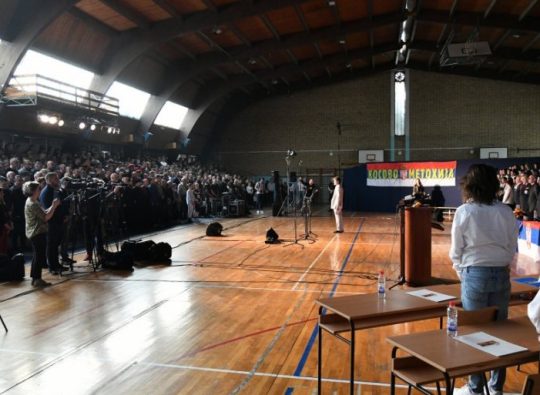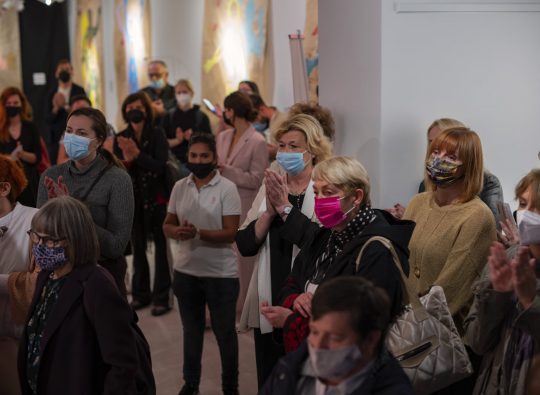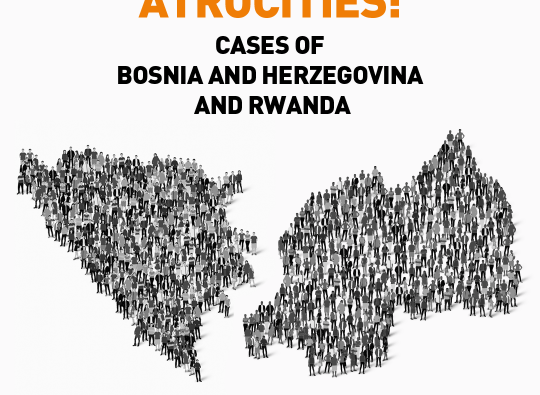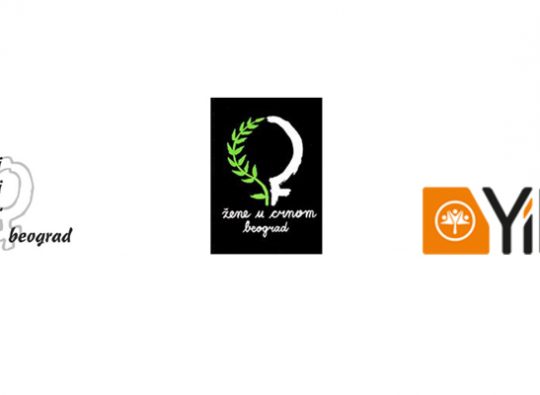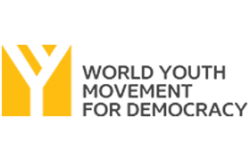Let us remind you, the Law on Election of Members of Parliament regulates the circumstances for termination of the status of MPs before the expiry of the term for which they are elected. The Law clearly and unequivocally provides that the term shall terminate if an MP is effectively convicted to unconditional prison sentence of at least six months. Since Vojislav Šešelj was sentenced to 10 years in prison and since all judgments of the Appeals Chamber of the International Residual Mechanism for Criminal Tribunals are legally binding for the Republic of Serbia, Vojislav Šešelj’s term as an MP must be revoked.
The Youth Initiative for Human Rights has been warning for years of the danger of presence of war criminals in public and political life. The fact that one of them is now a member of parliament has only raised this bar a little higher. Citizens of Serbia do not deserve to be represented by a man who was sentenced to 10 years in prison for being responsible for persecution of civilians and who is still one of the leading spokesmen for belligerent policy. Vojislav Šešelj’s public appearances from the moment of his return to Serbia from The Hague in no way indicate his regret or awareness of his responsibility for creating and implementing the policy that led to war. Quite the opposite, he continues rather actively to pursue his campaign of discrimination and the incitement of intolerance which resulted in more than 130,000 lives lost during the wars of the 1990s.
In addition to revocation of Vojislav Šešelj’s term as MP, we demand departure from the said policy and focusing on dealing with the past as a basis for reconciliation and stability in the region. Reverence for the victims, the assuming of responsibility and compliance with judgments rendered both by the Hague Tribunal and by domestic courts are necessary preconditions for building a better future for young people in the whole region who are forced to live the consequences of war for which they are not responsible.

